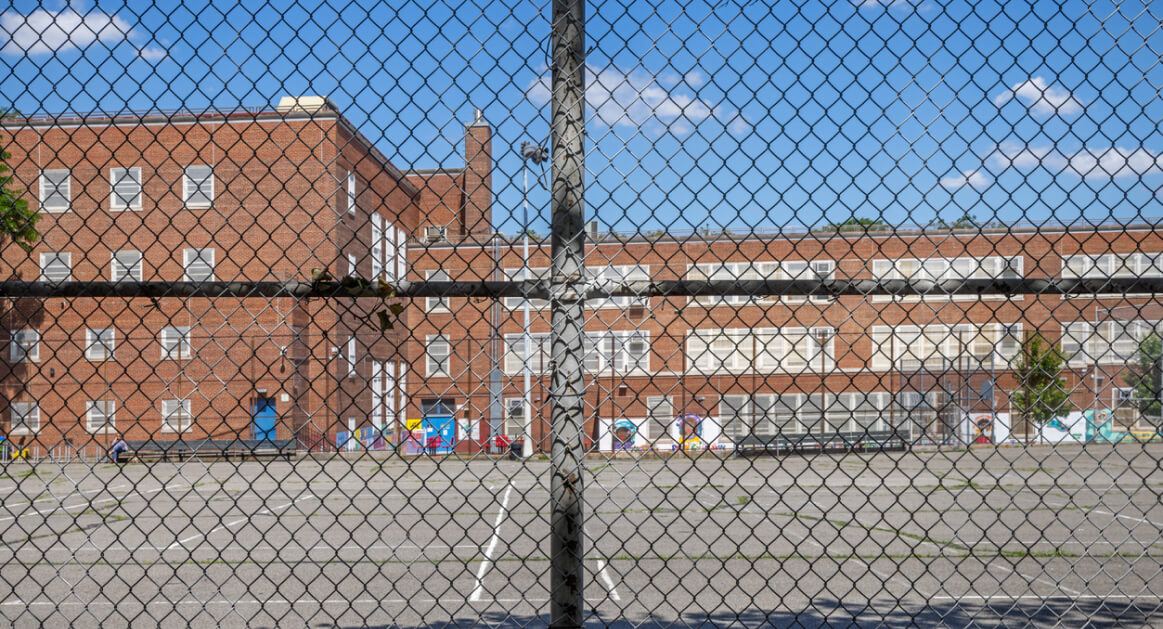If you live on a New York City Building which has three or more apartments, make sure that you promptly respond to the annual notice for the prevention of lead based paint hazards which must be delivered to you between January 1st and January 16th. If a child is living in your apartment –even if not your own child – it may be a grandchild- or an extended family member or even the child of a friend- tell the landlord. This form is important and designed to set off safeguards for all children who live in your apartment.
With the arrival of the new year, landlords are confronted with their annual mandated duty to deliver to each residential tenant of apartments in multiple dwellings in the City of New York, of a notice in English and Spanish inquiring whether a child less than six years of age resides in the apartment. The notice has very precise requirements. It must be printed on a single form. It must have at least 10 point type and must have a title stating as follows:
Prevention of Lead-based Paint Hazards – Inquiry Regarding Child
The notice must be delivered in duplicate so that the tenant can fill it out and return the form to the landlord.
This is a very important form to return to your landlord as it serves to place the landlord on actual notice of the presence of a child in the apartment and requires him to conduct an annual inspection for the presence of conditions which can cause lead poisoning.
Every tenant is required to deliver a response to the owner indicating whether a child of applicable age (less than 6) lives in the premises. This must be completed no later than February 15th. The landlord must keep this record for ten (10) years and if he sells the building, he must pass his record to the subsequent owner who likewise is required to keep it for the duration of the 10 years.
If a tenant timely responds that a child is not residing in the apartment and a child thereafter begins to reside in the apartment during the calendar year, the tenant is required to promptly notify the landlord of the child’s residency, and the notification must be made in writing.
What happens if the tenant does not send the annual inquiry form back to the landlord? Is the landlord off the hook? The answer is no.
In fact, if the landlord does not receive a response to the yearly inquiry form by February 15, and does not otherwise have actual knowledge as to whether a child less than 6 years of age resides in the apartment, then the landlord must conduct an inspection of the apartment to determine if such a child resides in the apartment. Reasonable notice of this inspection must be given to the tenant. The inspections must take place between February 16, and March 1, of the applicable year.
If the landlord has made a reasonable effort to gain entry into the apartment to conduct an inspection to determine whether a child resides there and is unsuccessful, he cannot be silent about it. The law requires the landlord to notify the Department of Health and Mental Hygiene of such fact in writing.
It is important that all tenants residing in multiple dwellings take the opportunity to place each landlord on actual written notice of the presence of children who are living in your apartment.
Do not hesitate to put the landlord on notice. The notice affords the landlord the opportunity and duty to correct any lead hazards in your apartment and imposes legal duties that may serve to protect your family from a very dangerous environmental hazard.
We welcome your legal questions for topically relevant articles in the future. Feel free to compose a question – it may be addressed in future articles. Email Question
Free Case Evaluation
Fill Out The Form Below To Find Out If You Have A Case.
Thank you for contacting us. One of our colleagues will get back to you shortly.



